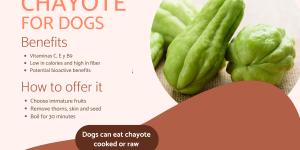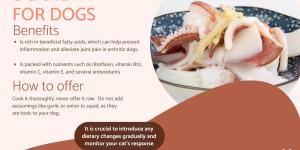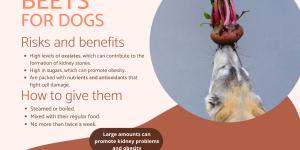Can Dogs Eat Pasta or Noodles?

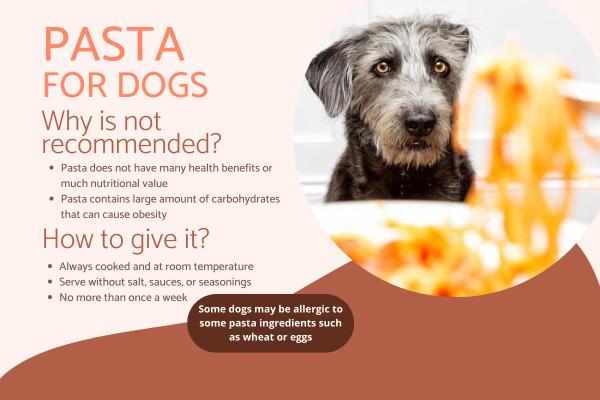

See files for Dogs
Pasta is one of the most widespread and popular foods in the world. We know that some of our favorite human foods can cause serious health problems in pets. So it's only natural for owners to worry that spaghetti or pasta might have the same effect.
In the following AnimalWised article, you'll learn if dogs can eat pasta or noodles, how to feed it, and if it's safe.
Are pasta and noodles safe for dogs?
Pasta and noodles are generally not toxic to dogs, except for those with food intolerances or allergies. In other words, dogs can eat pasta if they do not suffer from grain or wheat allergies.
Even if your dog is not allergic to wheat, there are a few things to keep in mind when serving pasta to your dog.
If we analyze the composition of pasta, we find that it is a product made of flour, water and in some cases egg. This means that, from a nutritional point of view, pasta contains a large amount of carbohydrates. In the right amount, pasta will provide your dog with energy, but in large quantities pasta can have a negative impact on their weight and health.
Dogs can also easily get this energy, along with some other important nutrients, from a high-quality dog food. The nutritional needs of dogs are focused on the intake of proteins, fats, minerals, vitamins and other elements in a lower ratio. Therefore, an optimal diet for a dog should not include carbohydrates as the main source of energy. Remember that although the dog is considered an omnivore, its main food source must be protein.
It is not recommended to mix pasta with industrial food, because the digestive processes are different and this can lead to an accumulation of gasses and even cause intestinal problems. If you want to offer pasta to your dog, we recommend that you also add a source of protein and fat, for example through meat or fish.
For more information about a dog's diet and the ratio of nutrients they need, check out another article.

How to give pasta or noodles to dogs
If you want to give pasta to your dog, you should first read the packaging. If possible, we recommend you choose pasta that contains some of the following flours and grains, as they are more suitable and digestible for the dog's stomach:
Rice flour
Whole wheat flour
Oatmeal
Barley
Flax
The pasta must always be well cooked, if possible only with water, without salt and without any kind of sauce or fried food. Fresh and powdered forms of garlic and onions are dangerous to dogs. This is because they contain a toxin that can cause serious complications and often leads to adverse health effects in dogs. Their red blood cells can be damaged, leading to red blood cell destruction and thus anemia.
Also, you should serve pasta to your dog only when it has cooled down, never hot.
Remember that pasta should not be the basis of your dog's diet. Therefore, you should supplement the intake of pasta with other foods, such as proteins from meat, fish, or eggs. To a small extent, you can also add some vegetables.
Can dogs eat ramen?
Unfortunately, both traditional ramen and instant ramen are too salty for your dog. If your dog eats too much salt, they may show signs such as dizziness, headaches, and seizures. Too much salt is dangerous for dogs and can lead to salt toxicosis, a disease that damages cells and can attack the brain and nerve tissue.
Symptoms of food allergies in dogs
A dog should not eat pasta, if only because of the calories and the potentially toxic sauce ingredients. Owners may also fear that their pets will be allergic to pasta if they offer it to them. As mentioned earlier, it is not uncommon for dogs to be allergic to some components of pasta, especially wheat. Unfortunately, allergies are quite common in dogs of all breeds and origins.
In dogs, signs of food allergy usually include:
Diarrhea
Excessive flatulence
Vomiting
Other, more subtle changes may also occur, including hyperactivity, weight loss, lack of energy and even aggression.
Therefore, as with any new food you give your dog, you need to feed it in small amounts at first. This way, you can determine if your dog is allergic by observing their symptoms in the following hours.
Contact the veterinarian immediately if your dog shows abnormal signs so that the problem can be diagnosed quickly.
Continue reading this other article to learn more about the most common food allergies in dogs.
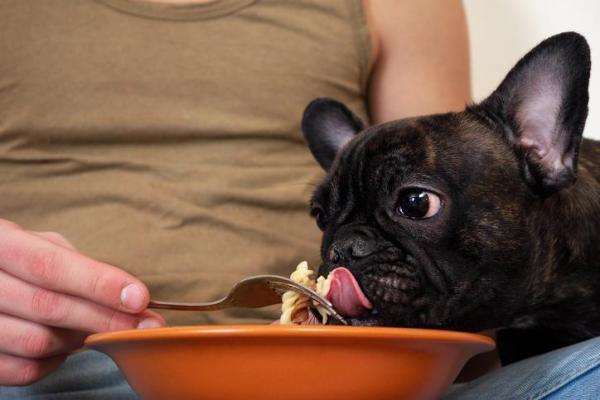
Contraindications of pasta or noodles for dogs
Regardless of digestive problems, pasta is a high-energy food that, if not burned, can easily be converted to fat, predisposing the animal to overweight or obesity.
Below we present some breeds that are prone to obesity and therefore should not have pasta in their diet on a regular basis.
Pug
Basset hound
Dachshund
Beagle
Rough Collie
English bulldog
Boxer
Labrador
In this group of dogs prone to obesity, we can also include dogs with the following characteristics:
Senior dogs
Sterilized dogs
Dogs with sedentary habits
Brachycephalic dogs
Finally, we would like to remind how important it is to avoid obesity in dogs. This factor can predispose the animal to various health issues and is the main cause of some diseases such as arthritis or non-hereditary hip dysplasia.
How much pasta or noodles can I give my dog?
Since pasta has very little nutritional value in the diet of dogs, it is best to limit its consumption because of its carbohydrate and calorie content. Dogs should get their daily calories from healthy meals, not from fillers like pasta or noodles.
One cup of pasta a day is more than enough; one cup of pasta a week is probably even more advisable.
Feeding your dog homemade recipes can be an excellent decision, but this type of diet must be monitored by a veterinarian to avoid nutrient deficiencies. The specialist will help you determine the daily kilocalorie amount your dog needs based on age, weight, or lifestyle. So there is no fixed amount that we can recommend.

If you want to read similar articles to Can Dogs Eat Pasta or Noodles?, we recommend you visit our Homemade diets category.
- Nutritional guidelines for complete foods and supplements for dogs and cats - European Federation of Pet Food Manufacturers (FEDIAF)

